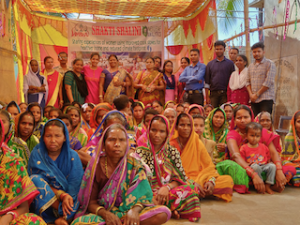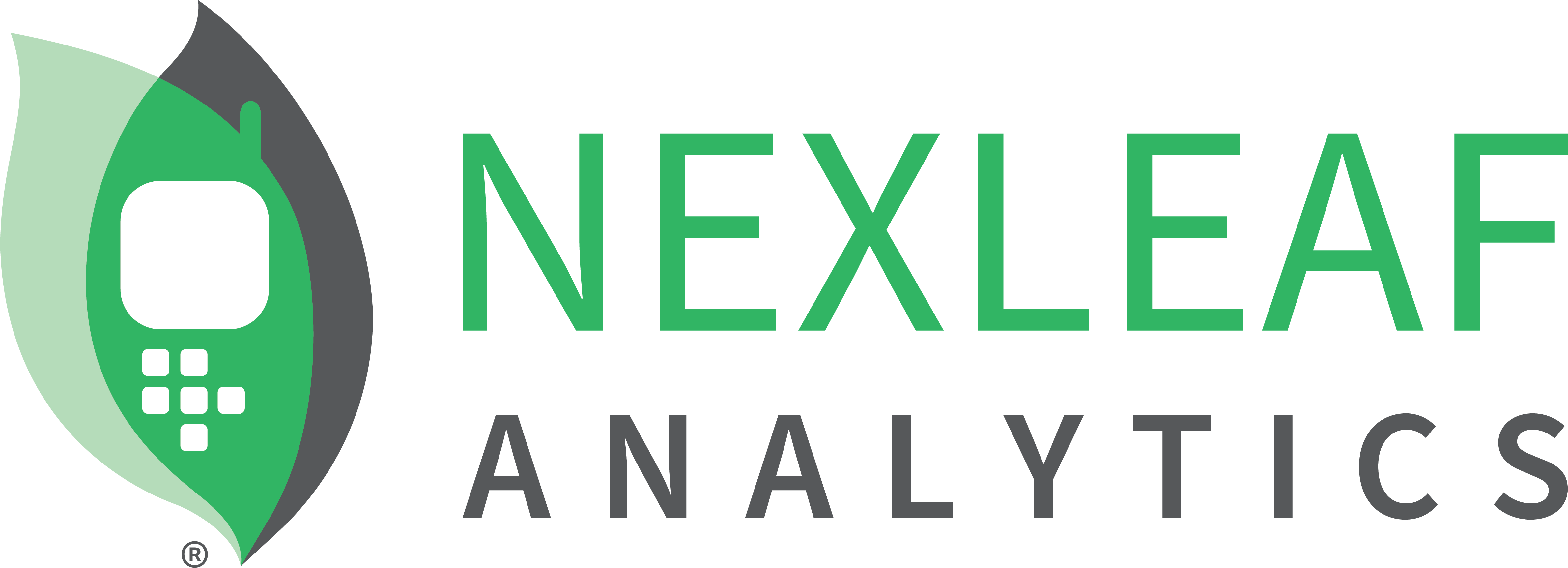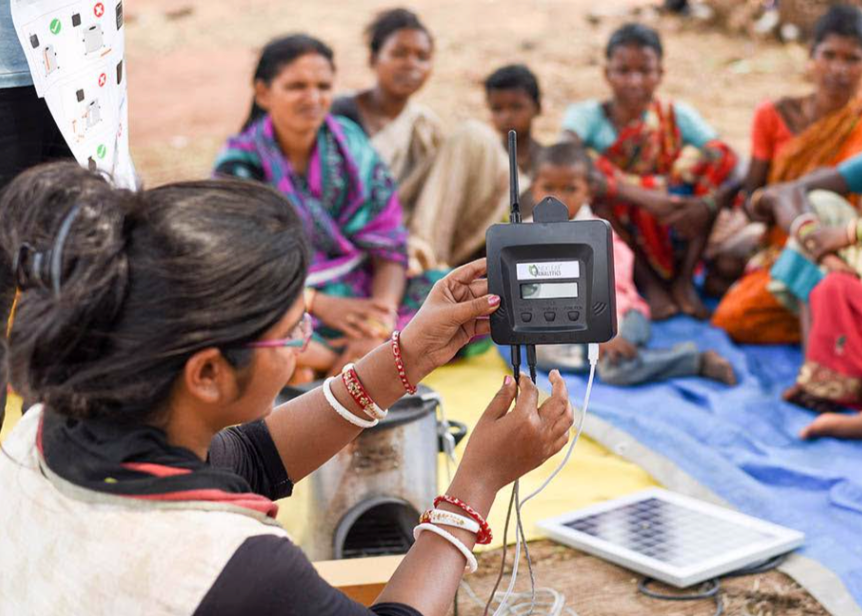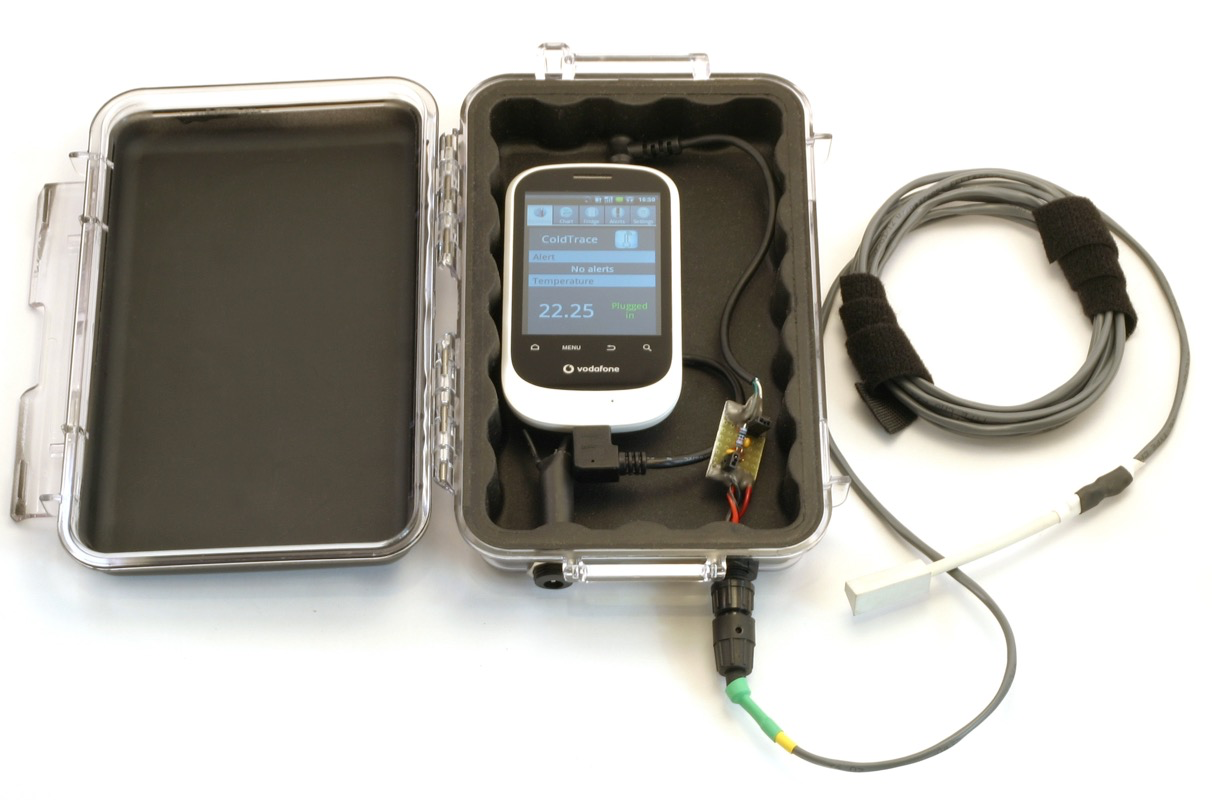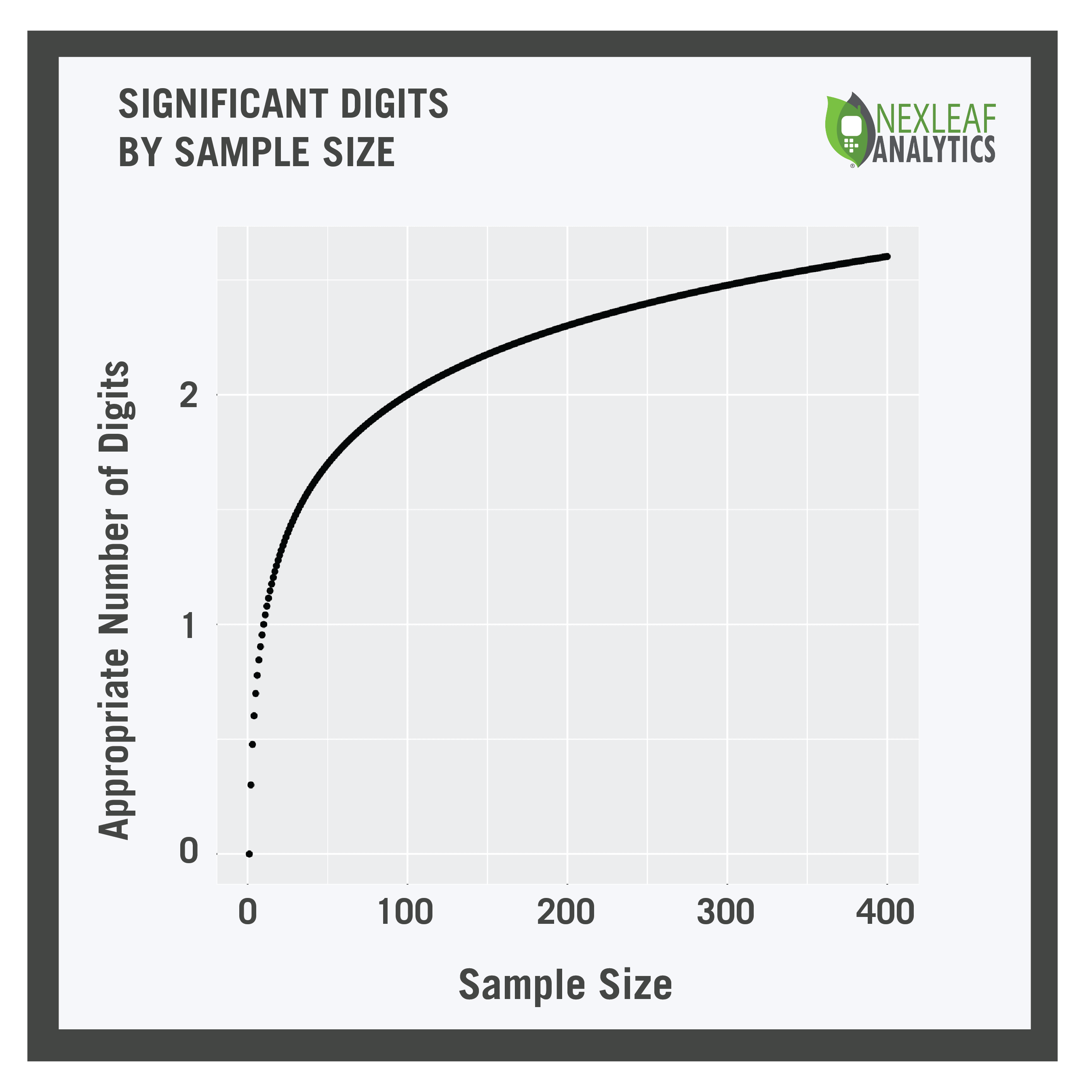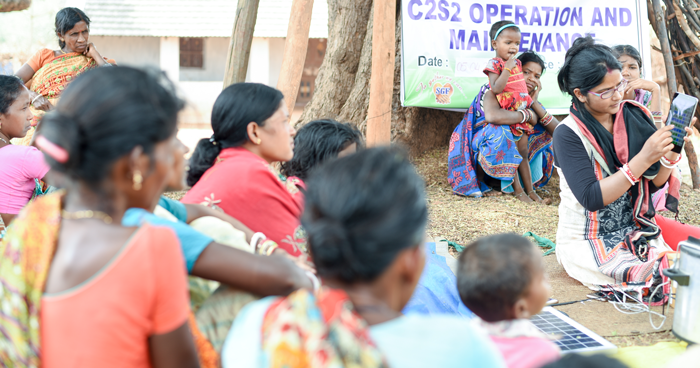When Subani Pradhan received a new stove February 2016, she looked at the stove with skepticism. She questioned whether she could cook her family recipes on this stove, and whether the foods would have the same rich, smoky flavors her husband liked so much. Her traditional stove, known as a mudstove, was the same type her mother used and the same type used throughout her community, and she wasn’t convinced this new one would satisfy her needs.
